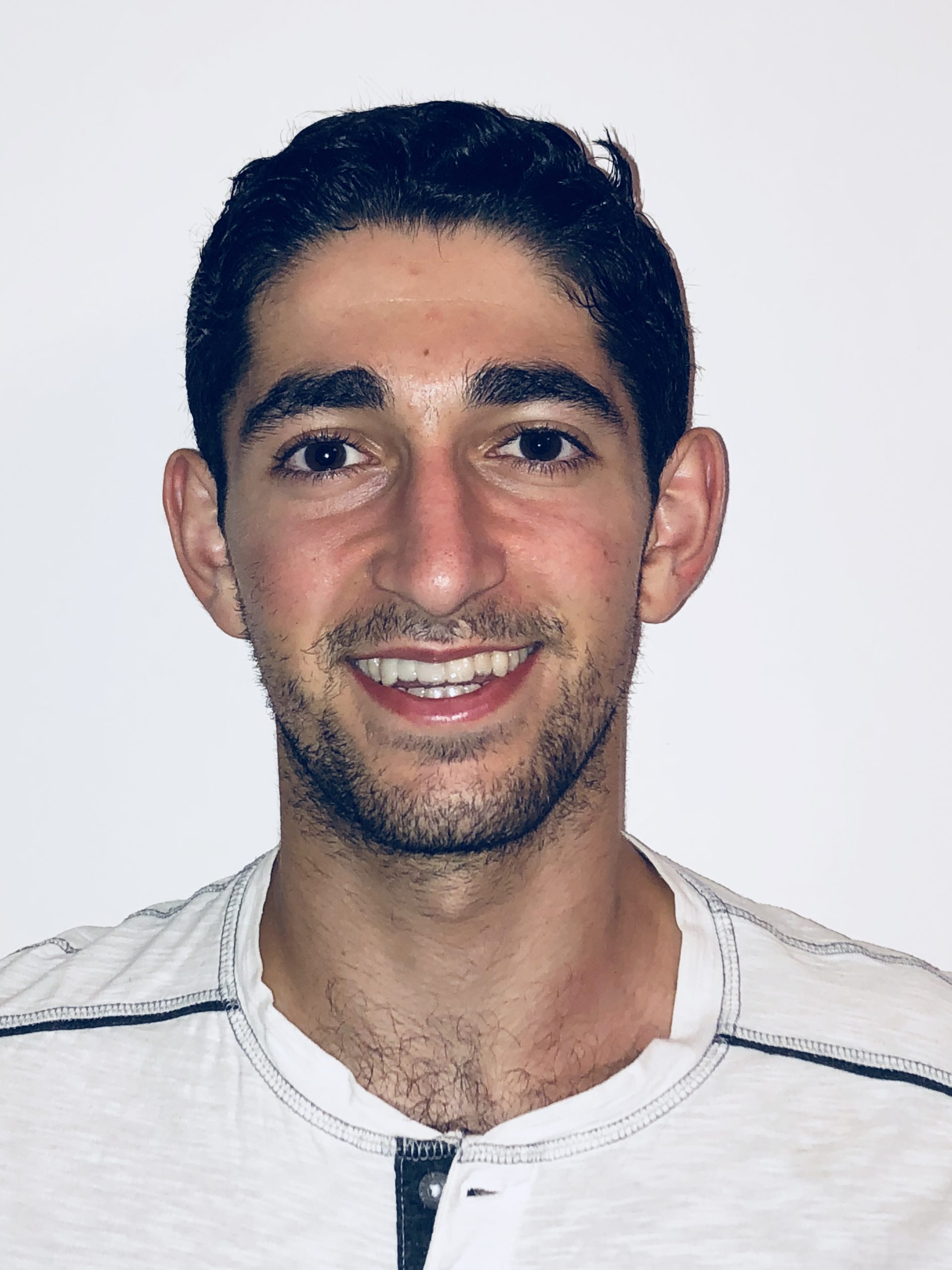
The opportunity to educate the public is similar to possessing a key that can open two doors. The first door, when unlocked, leads to an endless path to grow and develop positive ideas that benefit society. The second door, when unlocked, leads to an endless path of misinformation and biases that hurt society. Evidently, the power of education is the most prevalent it has ever been as we work to unite all Americans and push for social reform. Consequently, I commend California Governor Newsom for vetoing Assembly Bill 331 on Sept. 30, 2020.
If Assembly Bill 331 had passed without a veto, it would have mandated all California high school students to take at least one semester course from the ethnic studies curriculum proposed in the bill. While some have argued that the goal of ethnic studies is “to be global citizens with an appreciation for the contributions of multiple cultures,” the bill exploits the public’s open mindedness to blindly open the door that leads to exclusivity, hatred, and misinformation.
The “key holder” decides which path the public takes. The authors of the ethnic studies curriculum have clearly shown their preference through their support of the Boycott, Divestment, and Sanctions (BDS) movement targeting Israel. For example, according to the watchdog organization AMCHA Initiative, “11 of the 14 founders of the US Campaign for the Academic and Cultural Boycott of Israel are associated with Critical Ethnic Studies.” While individuals are entitled to their own political beliefs, they should not be forced upon millions of people in a public school setting. Fortunately, a coalition of 80 organizations called out the curriculum, stating in a letter to Governor Newson that the “anti-Jewish and anti-Zionist ideological orientation of Critical Ethnic Studies […] will foster a toxic climate for Jewish and pro-Israel students through the state, and foment harm against them.” Furthermore, a study conducted by the AMCHA Initiative found that “the primary sources of antisemitic activity are anti-Israel students and faculty who support an academic boycott of Israel.” Ultimately, I fear that the people who hold the keys to our education system are people who are either ignorant of their biases or apathetic to the effects of their decisions.
“…the bill exploits the public’s open mindedness to blindly open the door that leads to exclusivity, hatred, and misinformation.”
Unit six of the ethnic studies curriculum requires students to write about Irish and Jewish Americans’ “evolution in white identity” and how they have supposedly gained “racial privilege.” Such an assignment, unfortunately, unlocks the door to more anti-Semitism. Firstly, it ignorantly assumes that all Jewish Americans evolved into a white identity, disregarding the origins of many Jewish families who originated from non-Anglo-Saxon countries. More importantly, labeling Jews “white” shifts them into the “oppressor” category. Such pigeonholing erases the hardships that Jewish Americans face daily: A recent FBI report revealed that over 60 percent of religious hate crimes in 2019 were directed at Jews, yet Jews only make up 1.7 percent of the United States population. Ultimately, the ethnic studies curriculum unfairly represents Jews as a racially privileged group in America, which only creates a path that will further cause strife and resentment.
While I appreciate Governor Newsom’s veto, and while I am grateful that the Instructional Quality Commission remained objective, I am quite fearful about the future of Jewish students who support the Jewish state. Assembly Bill 331 reminded the Jewish and pro-Israel community that while they have a voice, they are not the ones with the keys to the doors. Now more than ever, it is important to unite and combat all forms of discrimination regardless of group identity, because all cultures deserve a seat at the table. While we may not have the key or the opportunity to pave the road behind the door, we can stand up for what is right.
Originally published in University of California – San Diego’s The Guardian.
Contributed by 2020-2021 University of California – San Diego CAMERA Fellow Ben Zaghi.

